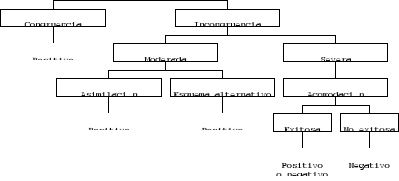

Ortony (Eds.), Similarity and Analogical Reasoning, pp. New approaches to instruction: Because wisdom can’t be told. Koepke, Acquisition of Complex Arithmetic Skills and Higher-Order Mathematics Concepts (Vol. Evidence for cognitive science principles that impact learning in mathematics. Washington, DC: US Department of Education, Office of Educational Technology.īooth, J., McGinn, K., Barbieri, C., Begolli, K., Chang, B., Miller-Cotto, D., Young, L., & Davenport, J. Enhancing teaching and learning through educational data mining and learning analytics: An issue brief. Journal of the Learning Sciences, 13(1), 1-14. Design-based research: Putting a stake in the ground. Proceedings of the Sixth International Conference on Learning Analytics & Knowledge (pp. A conceptual framework linking learning design with learning analytics. Journal of Educational Data Mining, 1(1), 3-17.īakharia, A., Corrin, L., de Barba, P., Kennedy, G., Gašević, D., Mulder, R., Williams, D., Dawson, S., & Lockyer, L. The state of educational data mining in 2009: A review and future visions. New York: Springer.īaker, R., & Yacef, K. Educational data mining and learning analytics. Journal of Experimental Psychology: Applied, 23(2), 115-127. Understanding the cognitive processes involved in writing to learn. Retrieved from Īrnold, K., Umanath, S., Thio, K., Reilly, W., McDaniel, M., & Marsh, E. Oxford Review of Economic Policy, 20(2), 198-212. American education research changes tack. Causal inference is a critical component of a field that aims to improve student learning including experimentation alongside analyses of existing data in learning analytics is the most compelling way to test causal claims.Īngrist, J.


Toward this goal, we offer a field guide to embedded experimentation, reviewing experimental design choices, addressing ethical concerns, discussing the importance of involving teachers, and reviewing how interventions can be deployed in a variety of contexts, at a range of scales. Embedded experiments, wherein theoretically relevant variables are systematically manipulated in real learning contexts, carry strong benefits for making causal inferences, particularly when allied with the data-rich resources of contemporary e-learning environments. In this article, we advocate for experiments to be embedded in real educational contexts, allowing researchers to test whether interventions such as a learning activity, new technology, or advising strategy elicit reliable improvements in authentic student behaviours and educational outcomes. Analyses of existing datasets play an important role in detecting causal patterns, but conducting experiments also plays an indispensable role in this research. To identify the ways teachers and educational systems can improve learning, researchers need to make causal inferences. Causal inference, Experiments, Research Design, Ethics, A/B testing Abstract


 0 kommentar(er)
0 kommentar(er)
